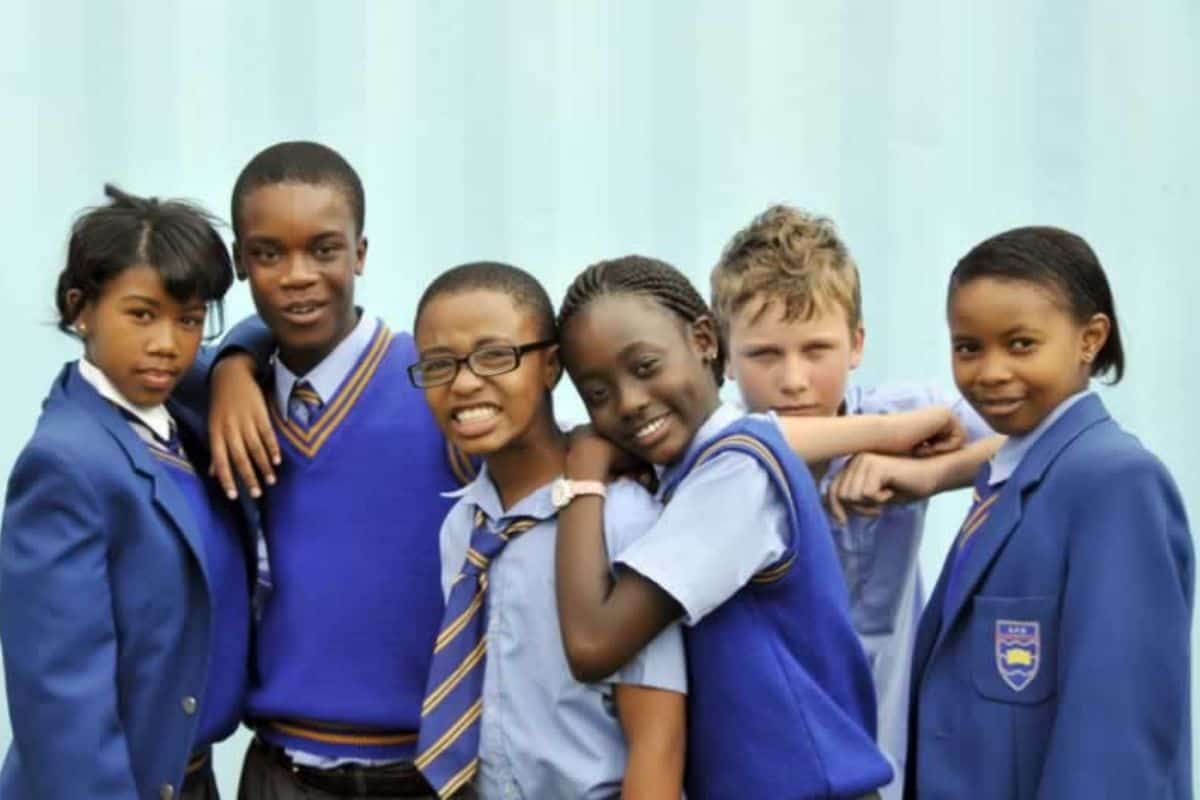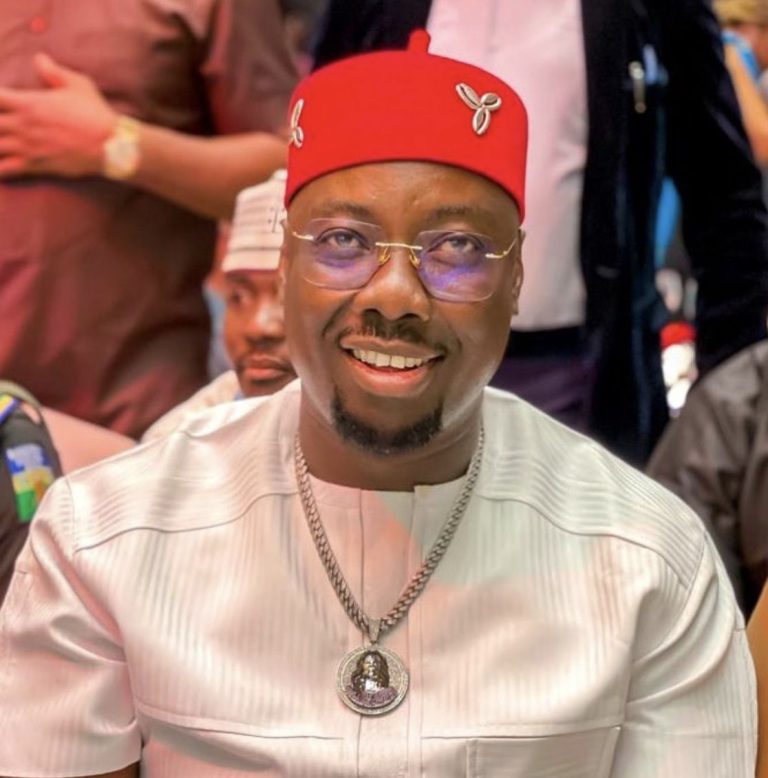
In the true sense of a throwback, the SABC has brought back classic educational programmes Soul City and Soul Buddyz.
Although not a return to traditional TV, the public broadcaster has made the two shows available on its streaming platform, SABC+.
Soul City, which made its television debut in 1994, played a significant role in dispelling stereotypes about HIV/Aids, which was ripping through many South African communities in the 1990s.
The show also tackled gender based violence (GBV) before it was as topical as it is now in the country.
The late Nandi Nyembe and fellow veteran actress Lillian Dube portrayed nurses Sister Lizzie and Sister Bettina respectfully. It gave viewers a look into the life of a nurse in the township while actor David Dennis endeared himself to viewers through the portrayal of the gentle Sol Grootboom living with HIV/Aids on the drama series.
Soul Buddyz, on the other hand, debuted on screens in 2000, targeting a younger audience and tackled societal issues through the eyes of friends who met at a park after school.
The now seasoned actress and TV producer, Salamina Mosese, was introduced to most South Africans through the show.
Mosese had made an appearance on Soul City before Soul Buddyz.
Speaking to a new generation
With education about HIV/Aids being widespread, despite numbers still being high in some areas of the country, the Soul City Institute for Social Justice launched Shayi’ndlela, which also combines edutainment and community mobilisation but tackles a modern South African enemy, GBV.
“This is more than just a return to edutainment for Soul City, it’s the beginning of a movement to shift the culture of violence in South Africa,” said CEO of Soul City Institute, Phinah Kodisang.
“This initiative will challenge harmful gender norms, support parents, empower girls through Rise Clubs and work with boys to build a safer, more just society for all. We are proud to be part of a global movement rooted in evidence, activism and the belief that change is possible.”
Shayi’ndlela is funded by the UK Foreign, Commonwealth and Development Office under the What Works to Prevent Violence: Impact at Scale (What Works II) Programme.
NOW READ: Playing Dad: How film speaks to fathers’ desires and struggles of fatherhood



